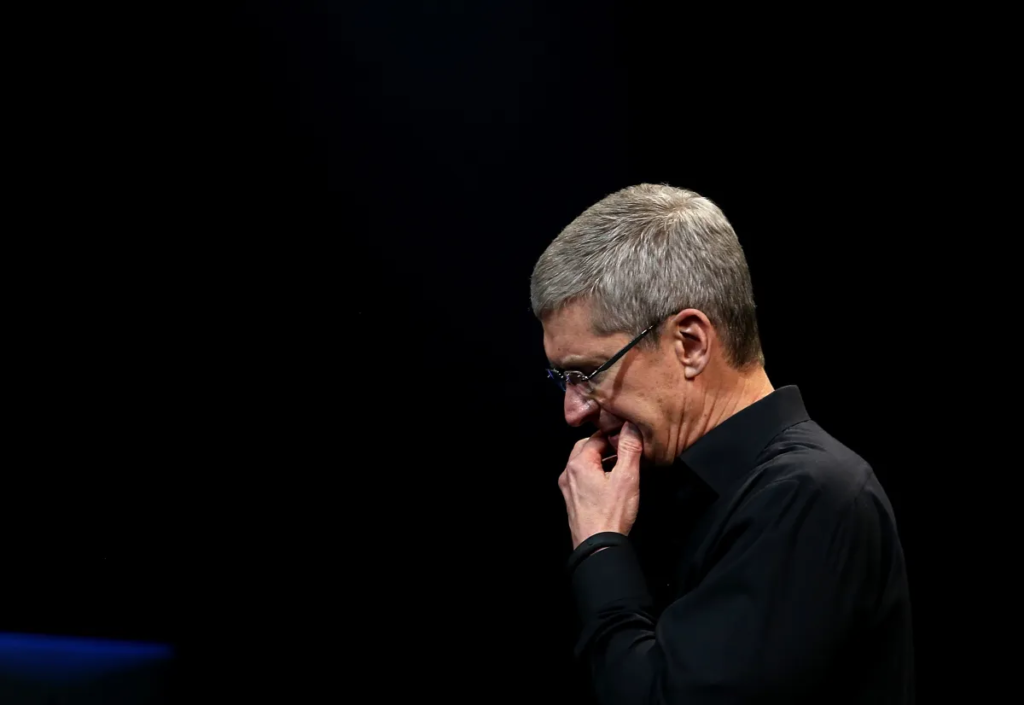In a significant move to foster competition and innovation in the tech industry, the European Commission has issued two legally binding decisions under the Digital Markets Act (DMA), requiring Apple to improve interoperability between its iOS ecosystem and third-party devices like smartwatches and headphones. This development marks a pivotal moment in the ongoing effort to create a more open and competitive digital marketplace in Europe.
Key Takeaways from the European Commission’s Decision
The Commission’s decisions aim to address long-standing concerns about the closed nature of Apple’s ecosystem, which has often been criticized for limiting consumer choice and stifling competition. Here’s a breakdown of the two key decisions:
- Enhanced Access to iPhone Features for Third-Party Devices
The first decision mandates that Apple provide app developers and device manufacturers with greater access to core iPhone functionalities. This will make it easier for third-party gadgets—such as smartwatches, fitness trackers, and headphones—to seamlessly pair with iPhones, transfer data, and display notifications. For example, users may soon be able to enjoy the same level of integration with non-Apple devices as they currently do with Apple’s own products, like the Apple Watch or AirPods. - Increased Transparency and Predictability for Developers
The second decision requires Apple to improve transparency around interoperability. This includes providing developers with detailed technical documentation on how to make their services compatible with iOS and iPadOS. Additionally, Apple must establish a clear and predictable timeline for reviewing interoperability requests. This move is expected to empower developers to create more innovative and user-friendly solutions while reducing the barriers to entry in Apple’s ecosystem.
Why This Matters: A Win for Consumers and Developers
For consumers, these decisions could lead to a wider range of choices and better integration between their devices. Imagine being able to pair your favorite Android-compatible smartwatch with your iPhone without losing key features or functionality. This level of interoperability could enhance user experiences and drive innovation in the wearable tech market.
For developers and device manufacturers, the decisions represent a significant opportunity to compete on a more level playing field. By gaining access to Apple’s proprietary technologies and receiving clearer guidance on interoperability, smaller companies can create products that rival those of tech giants. This could lead to a surge in innovation and diversity in the connected devices market.
Apple’s Response: Balancing Innovation and Regulation
Apple has expressed concerns about the Commission’s decisions, arguing that they could hinder its ability to innovate and deliver high-quality products to its users. In a statement, Apple spokesperson Marni Goldberg said:
“Today’s decisions wrap us in red tape, slowing down Apple’s ability to innovate for users in Europe and forcing us to give away our new features for free to companies who don’t have to play by the same rules. It’s bad for our products and for our European users. We will continue to work with the European Commission to help them understand our concerns on behalf of our users.”
Despite Apple’s reservations, the European Commission maintains that these measures are essential for ensuring fair competition and consumer choice. Teresa Ribera, Europe’s executive vice president for clean, just, and competitive transition, emphasized:
“With these decisions, we are simply implementing the law and providing regulatory certainty both to Apple and to developers. Effective interoperability for third-party connected devices is an important step towards opening Apple’s ecosystem. This will lead to a better choice for consumers in the fast-growing market for innovative connected devices.”
Broader Implications for the Tech Industry

The European Commission’s actions are part of a broader global trend toward stricter regulation of big tech companies. The DMA, which came into effect in 2023, is designed to prevent gatekeepers like Apple, Google, and Meta from abusing their dominant market positions. By enforcing interoperability and transparency, regulators aim to create a more competitive and innovative digital economy.
This decision also sets a precedent for how other tech giants may be regulated in the future. Companies that rely on closed ecosystems to maintain their market dominance may face similar scrutiny, potentially leading to a more open and interconnected tech landscape.
What’s Next for Apple and the EU?
While Apple has the option to challenge the Commission’s decisions through judicial review, the company is expected to work closely with regulators to implement the required changes. The outcome of this process will likely shape the future of iOS and its compatibility with third-party devices.
For consumers and developers, the decisions represent a step forward in creating a more inclusive and competitive digital ecosystem. As the tech industry continues to evolve, the balance between innovation and regulation will remain a critical issue for all stakeholders.
Conclusion
The European Commission’s decision to mandate greater interoperability between iOS and third-party devices is a landmark moment in the ongoing effort to regulate big tech. By opening up Apple’s ecosystem, the Commission aims to foster competition, drive innovation, and empower consumers with more choices. While Apple has voiced concerns about the impact on its ability to innovate, the broader implications of this decision could lead to a more dynamic and equitable tech industry.
As the digital marketplace continues to evolve, staying informed about these developments is crucial for businesses, developers, and consumers alike. By embracing change and working collaboratively with regulators, tech companies can navigate this new landscape while continuing to deliver value to their users.






















